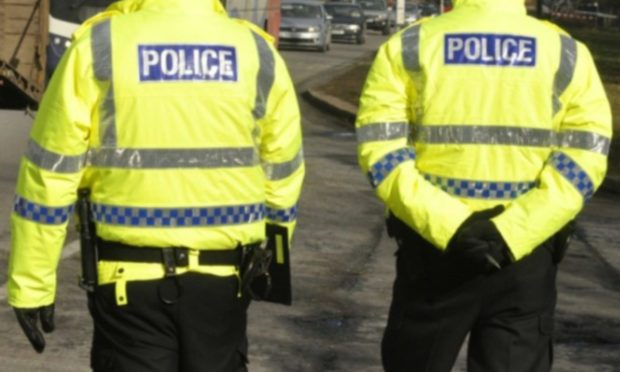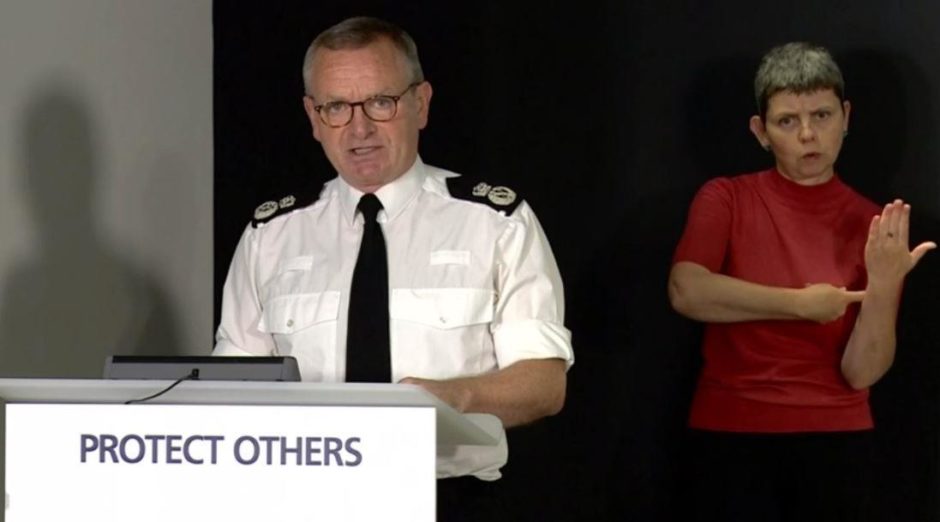The number of people prosecuted for breaching coronavirus restrictions could be higher than first reported because of the way crimes are recorded.
New rules brought in to prevent people leaving the house without reason, as part of efforts to stem the spread of Covid over the coming months, give police powers to fine or arrest those held to be in breach.
Travel restrictions are also in place, meaning officers can penalise people driving between local authority areas if they are not key workers or fail to provide a valid reason for doing so.
But a number of cases publicised recently has shown police are using common law to deal with those accused of coronavirus-related crimes.
Organisers of house parties and even an MP have been charged with culpable and reckless conduct, instead of being in contravention of the Coronavirus (Scotland) Act 2020.
Used for years
Professor Pamela Ferguson, a leader at Dundee University’s Law School, suggests officers might be choosing to prosecute under common law because of the harm spreading the virus can cause.
She said: “Common law crimes may be much easier for the prosecution to prove than statutory ones, since the common law ones have been used for many years.
“I imagine that is why people breaking the Covid lockdown regulations are being prosecuted for ‘reckless endangerment’ or ‘culpable and reckless conduct’.
“It also makes clear that what they are doing in breaking these rules is potentially endangering the wider community.”
Local figures
In Tayside and Fife police intervened in over 100 instances to break up gatherings that contravened the coronavirus legislation.
Officers intervened in these incidents using new police powers given to them between the Coronavirus Act 2020 and the Restrictions imposed by the Health Protection (Coronavirus) Regulations 2020.
Since the powers came into force, D-Division, which is responsible for policing in Tayside and Angus, has arrested 16 people using the new powers, but caveat numbers “could be higher”. East area, which covers Fife, has recorded 21 arrests.
N Division, which operates in the Highlands and Islands, has arrested 38, while A Division, responsible for policing Aberdeen, Aberdeenshire and Moray, has recorded 102 arrests since April 2020.
Police Scotland ‘understand impact’
Chief Constable Iain Livingstone said: “I fully recognise the impact these further restrictions will have on people’s lives.
“However, it is clear that the significant sacrifices being made by people across Scotland are vital to help suppress the spread of coronavirus.
“Our approach throughout the pandemic has not changed. Police Scotland officers will continue to support people to follow the regulations and encourage them to take personal responsibility.
“People should not leave their homes unless for essential purposes. The best way to stay safe is to stay at home.
“Officers and staff have worked exceptionally hard throughout the pandemic to keep people safe and our visible presence will be increased over the coming days and weeks.
“We will have increased patrols in our communities to explain the regulations and to encourage people to do the right thing. Where officers encounter wilful breaches, they will act decisively to enforce the law.
“The vast majority of people have stepped up to take responsibility and our determination and collective effort to tackle this virus must now continue in the difficult times ahead.”


